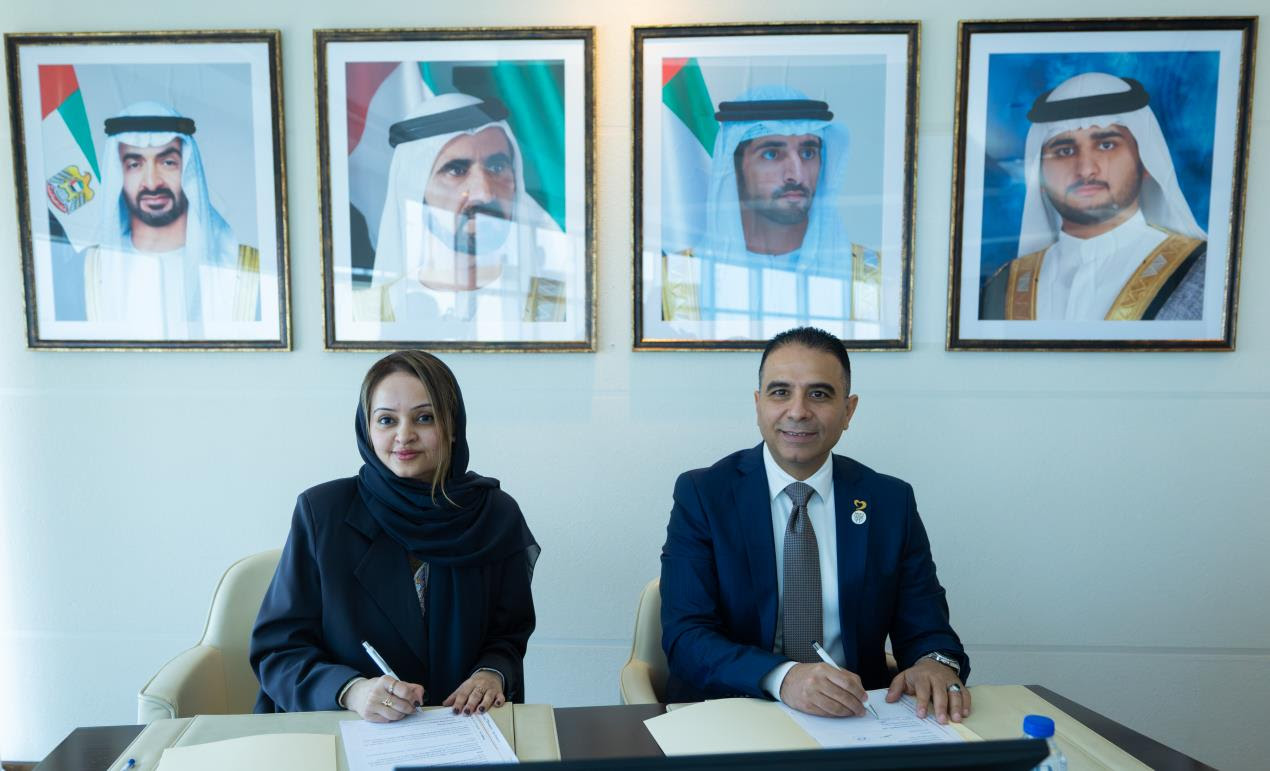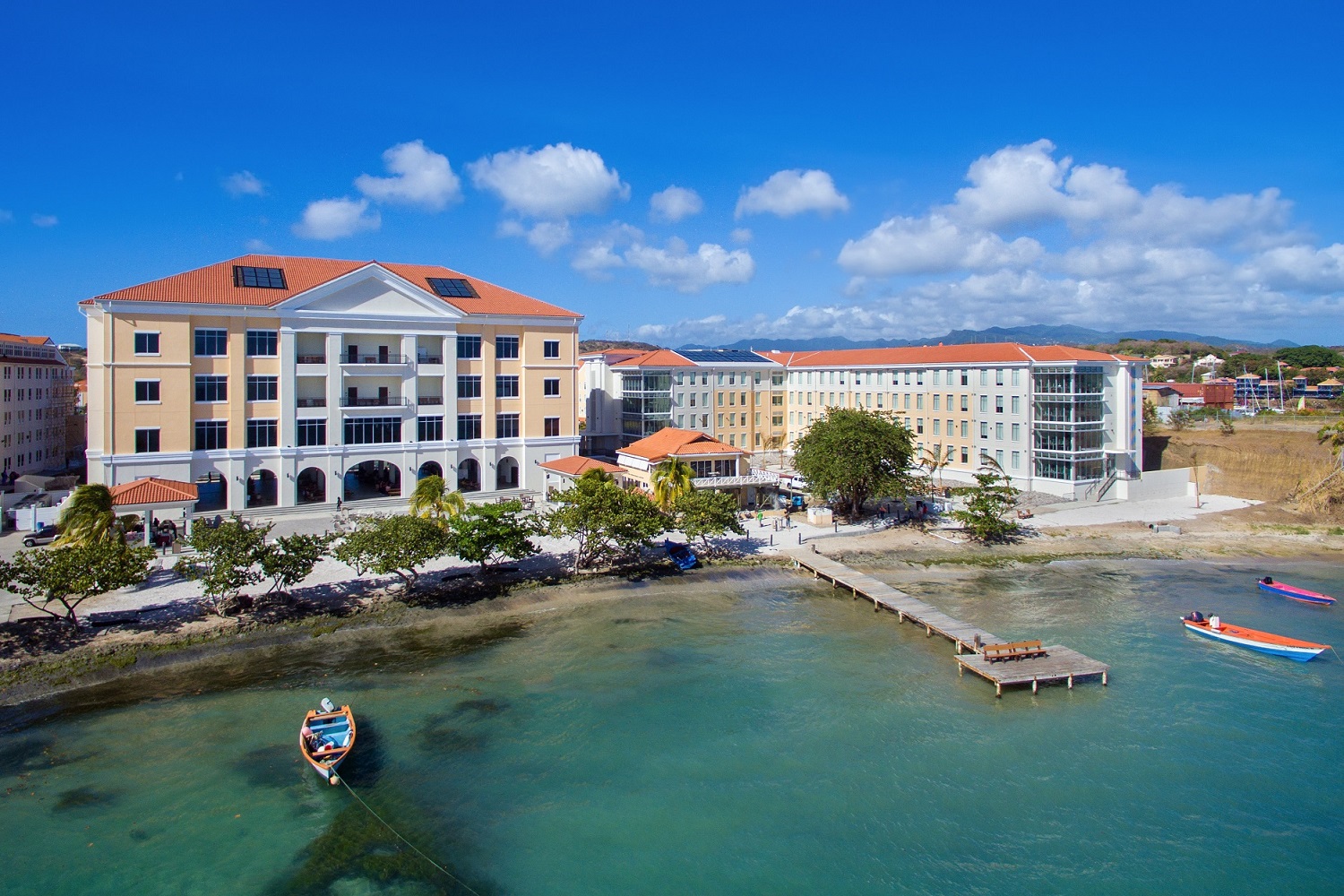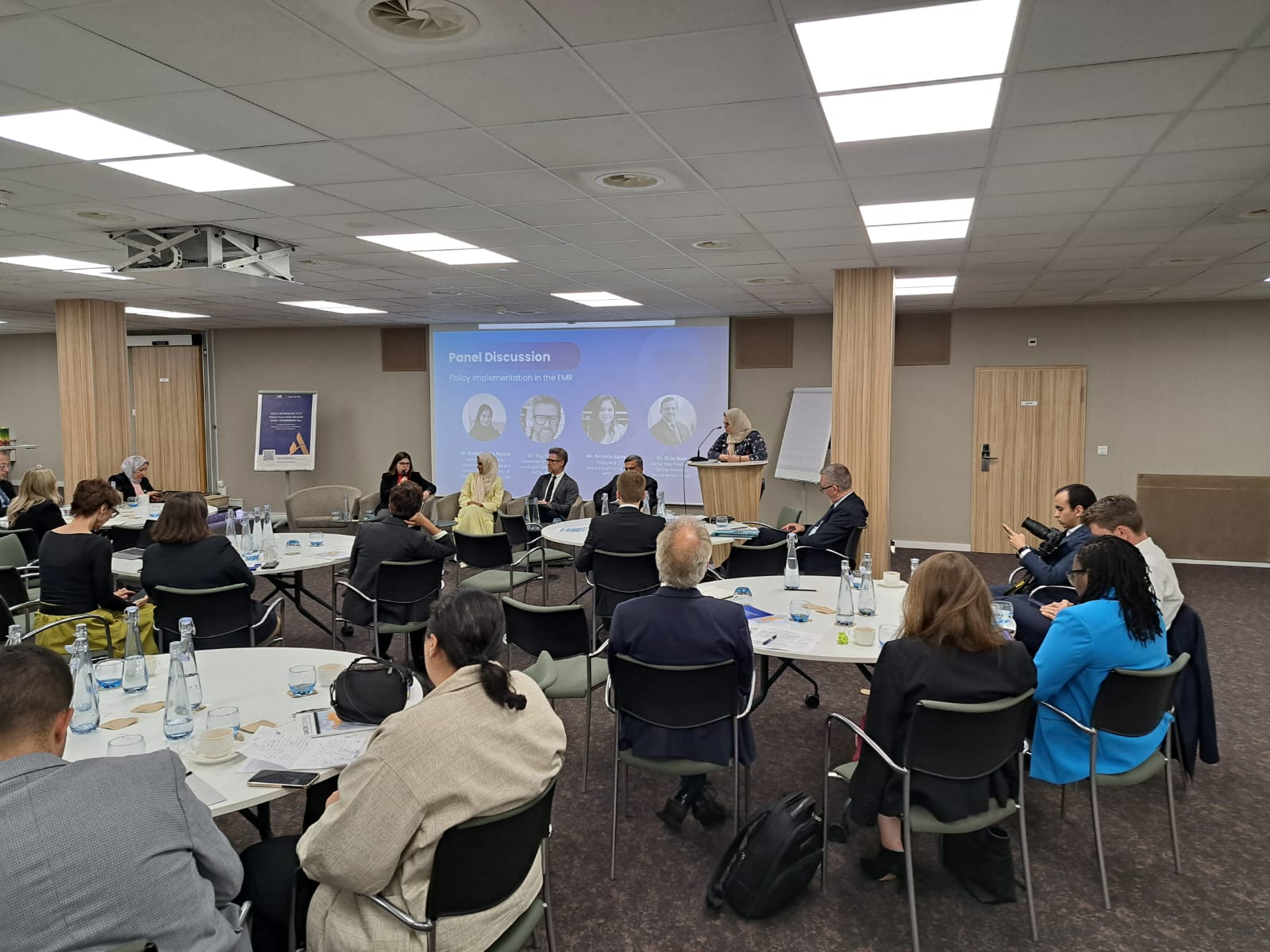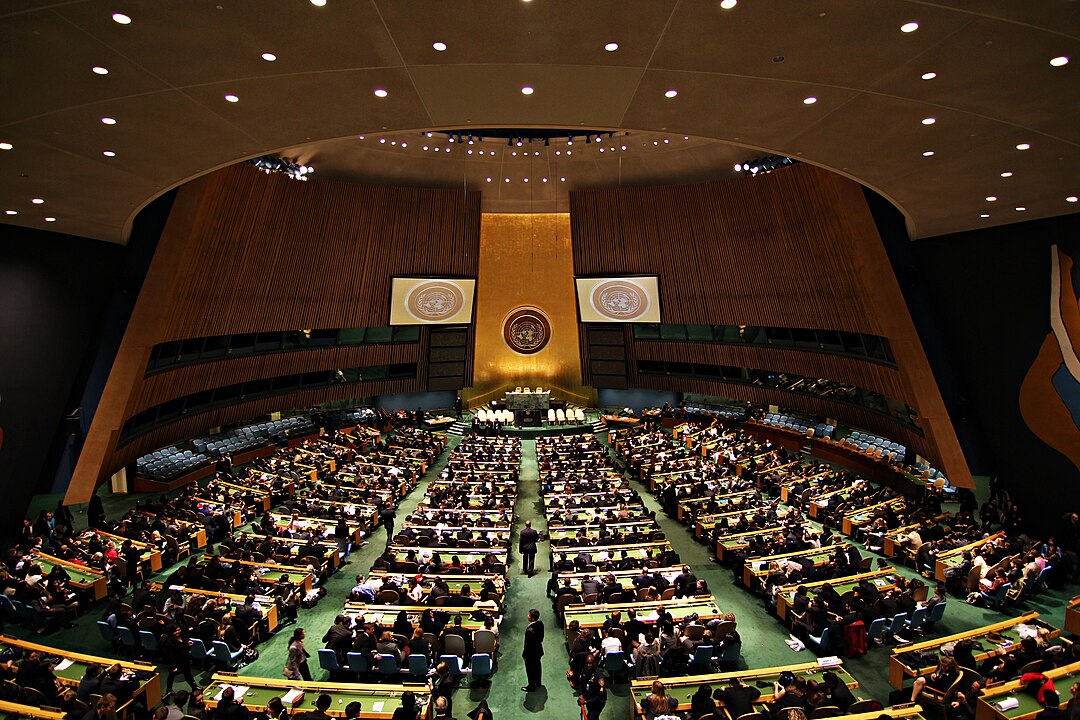
Urgent: European Union fishing stakeholders demand moratorium on deep-sea mining

Key European fishing stakeholders, supported by environmental organizations, are calling on the European Union to establish a moratorium on deep-sea mining. This mobilization comes as Norway considers granting its first mining licenses by 2025, despite opposition from its own environmental agency, the fishing industry, scientists, NGOs, and European institutions.
The Environmental Justice Foundation (EJF) and the Deep Sea Conservation Coalition (DSCC) welcomed the firm stance taken by the Long Distance Advisory Council (LDAC), supported by three other fishing advisory councils: the North Western Waters, Pelagic Species, and South Western Waters Advisory Councils. These councils reaffirm their support for a moratorium on deep-sea mining, arguing that the environmental and socio-economic risks are too high to proceed with such activities.
The LDAC thus rejects the recent recommendation from the European Commission’s Draghi report, which suggests exploring deep-sea mining possibilities. The council highlights the lack of data on the long-term effects of such practices on marine ecosystems, including fishing zones. In a statement to EU decision-makers, the LDAC emphasized that the precautionary principle demands resistance to premature initiatives in this sector. However, Norway remains determined to push forward, positioning itself as a controversial pioneer in the EU by opening part of its continental shelf to potential deep-sea mining.
Severe Impacts and Growing Opposition
Scientific studies highlight major risks associated with deep-sea mining: sediment plumes that can suffocate marine life, noise pollution, and the release of contaminants that threaten biodiversity and fish stocks. According to the LDAC, fisheries health is crucial for the food security and economic stability of coastal communities, making any threat to marine biodiversity a matter of public concern.
"Our ocean is worth more protected than plundered," said Steve Trent, CEO of the EJF. "The LDAC’s strong stance sends a powerful signal to Norway and other nations: stopping deep-sea mining is essential to avoid irreversible damage to marine ecosystems that communities have protected for centuries." Trent added that the future lies in the circular economy, new battery technologies, and recycling of critical materials, rather than destroying one of the planet’s last wild spaces.
Growing Voices Against Deep-Sea Mining
The Deep Sea Conservation Coalition, through co-founder and political analyst Matt Gianni, points out that many fishing stakeholders today recognize the threat that deep-sea mining poses to their activities and the marine environment. As pro-mining companies and countries attempt to fast-track the development of this sector, Gianni stresses the importance of making the fishers’ voices heard: "The risks to fisheries are real, and this industry must not receive the green light from the International Seabed Authority."
This increasing pressure from fishing stakeholders and environmental organizations reflects global opposition to deep-sea mining. Norway, as the only European country considering issuing licenses on its continental shelf, finds itself at the center of an international debate that could redefine the stakes in marine ecosystem conservation.





















.jpg)
Add Comment